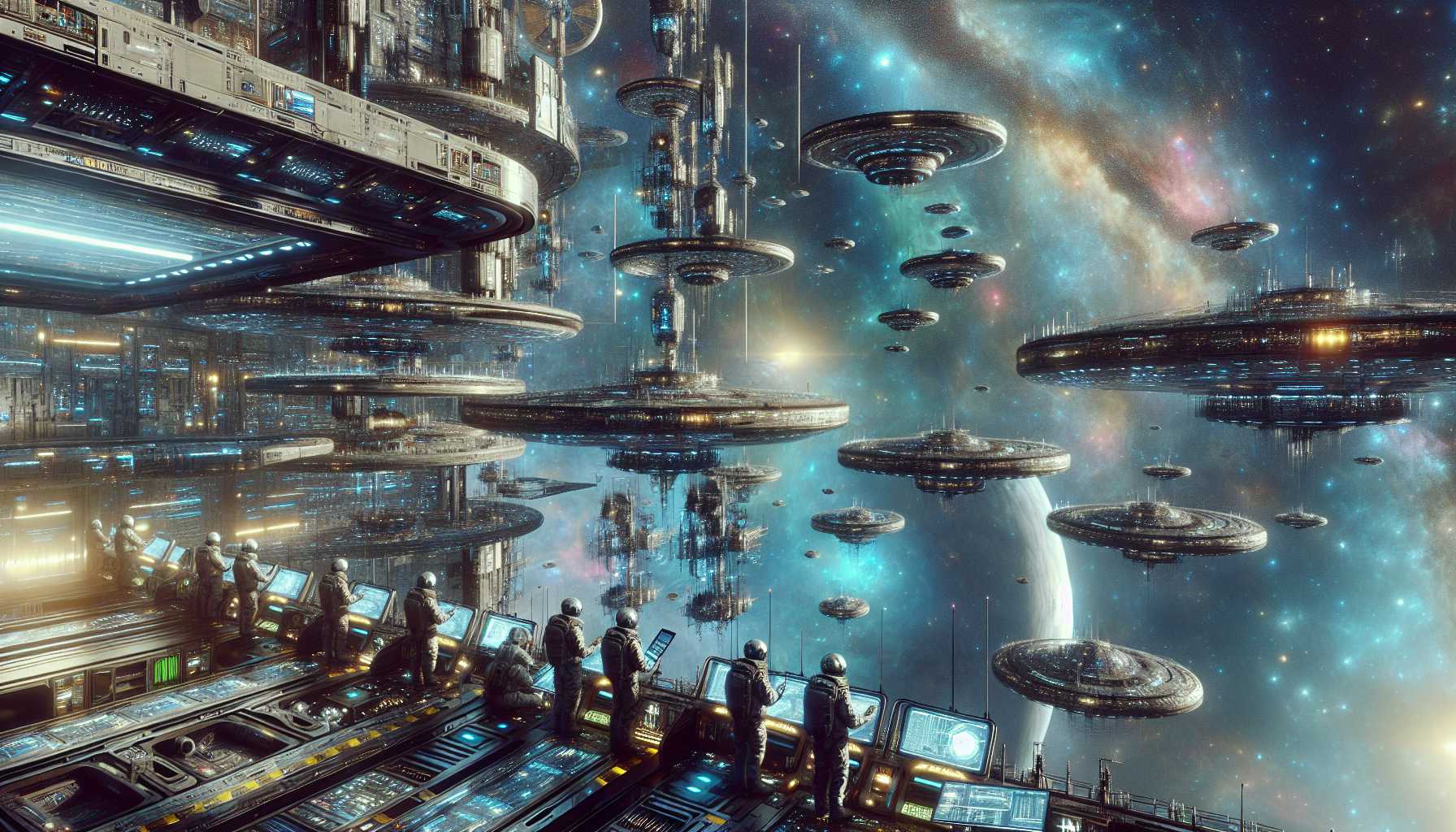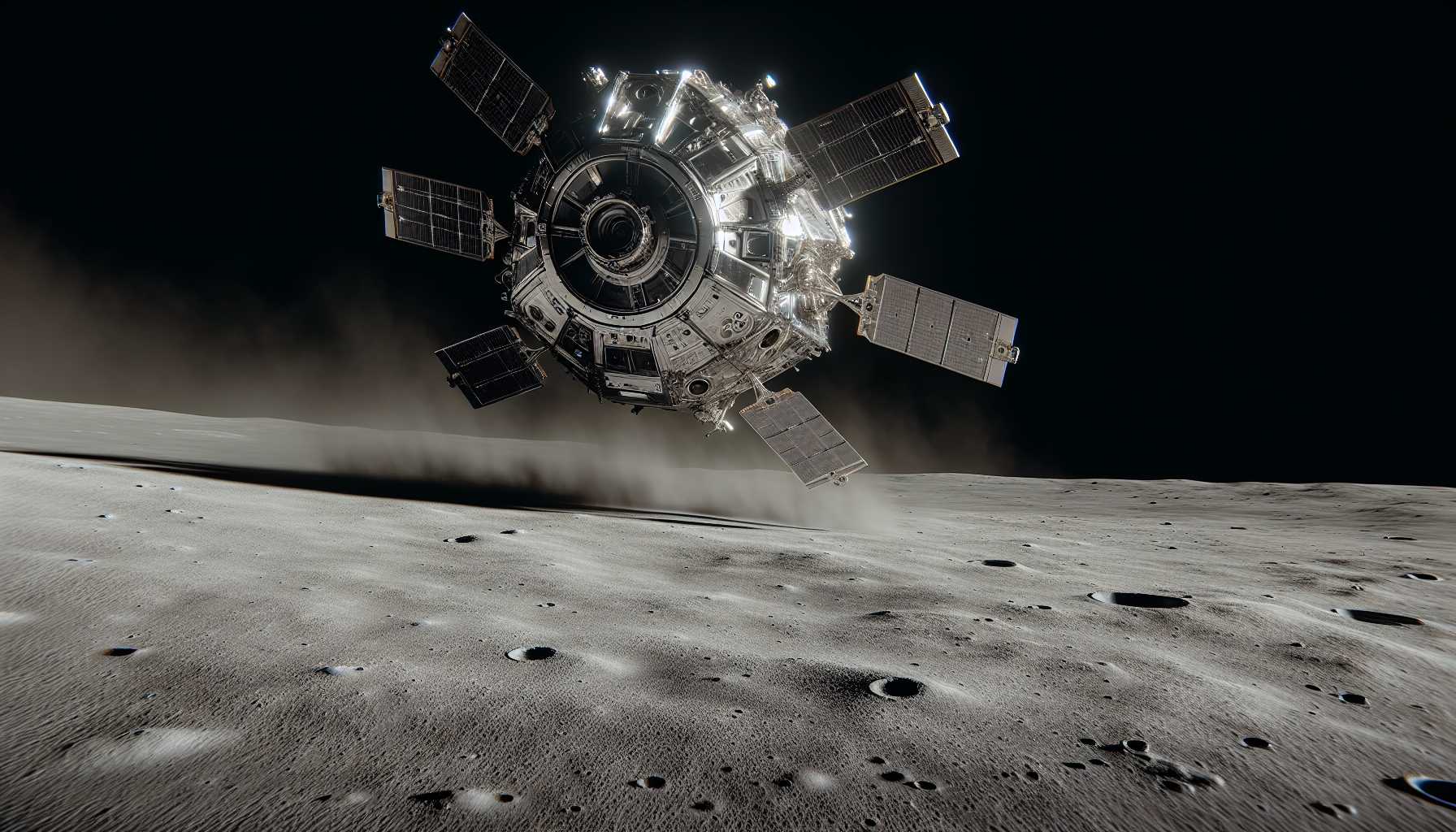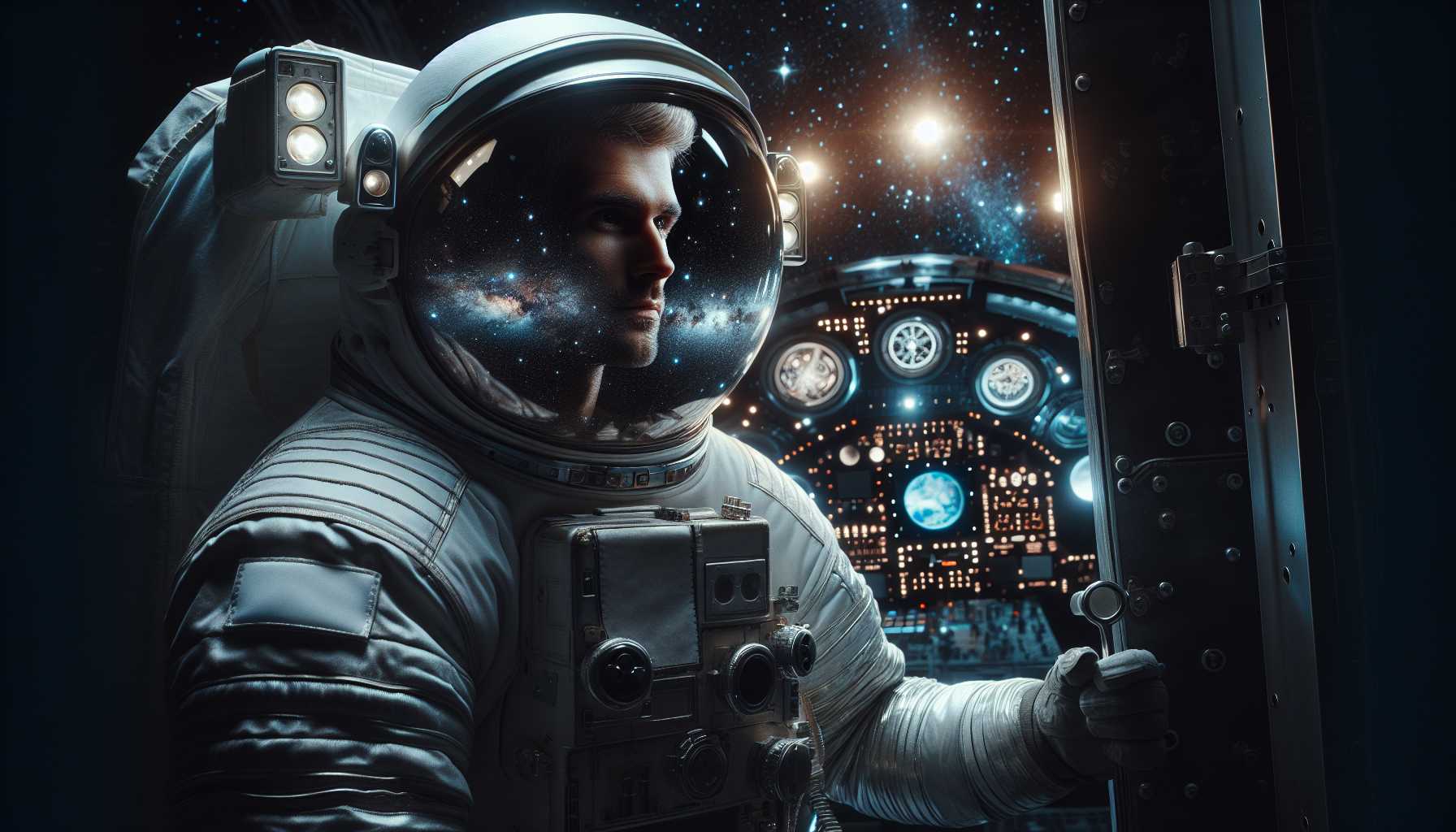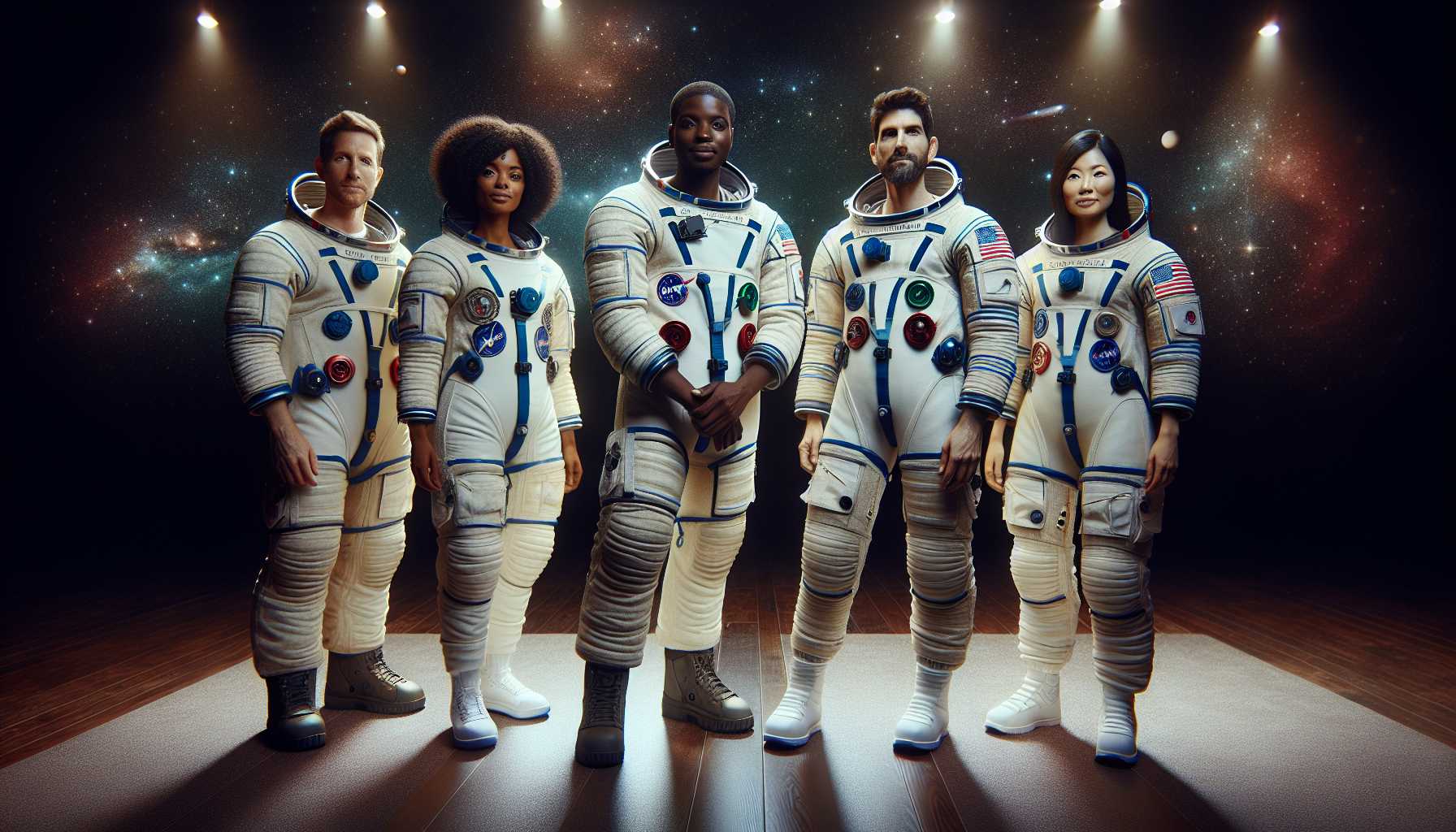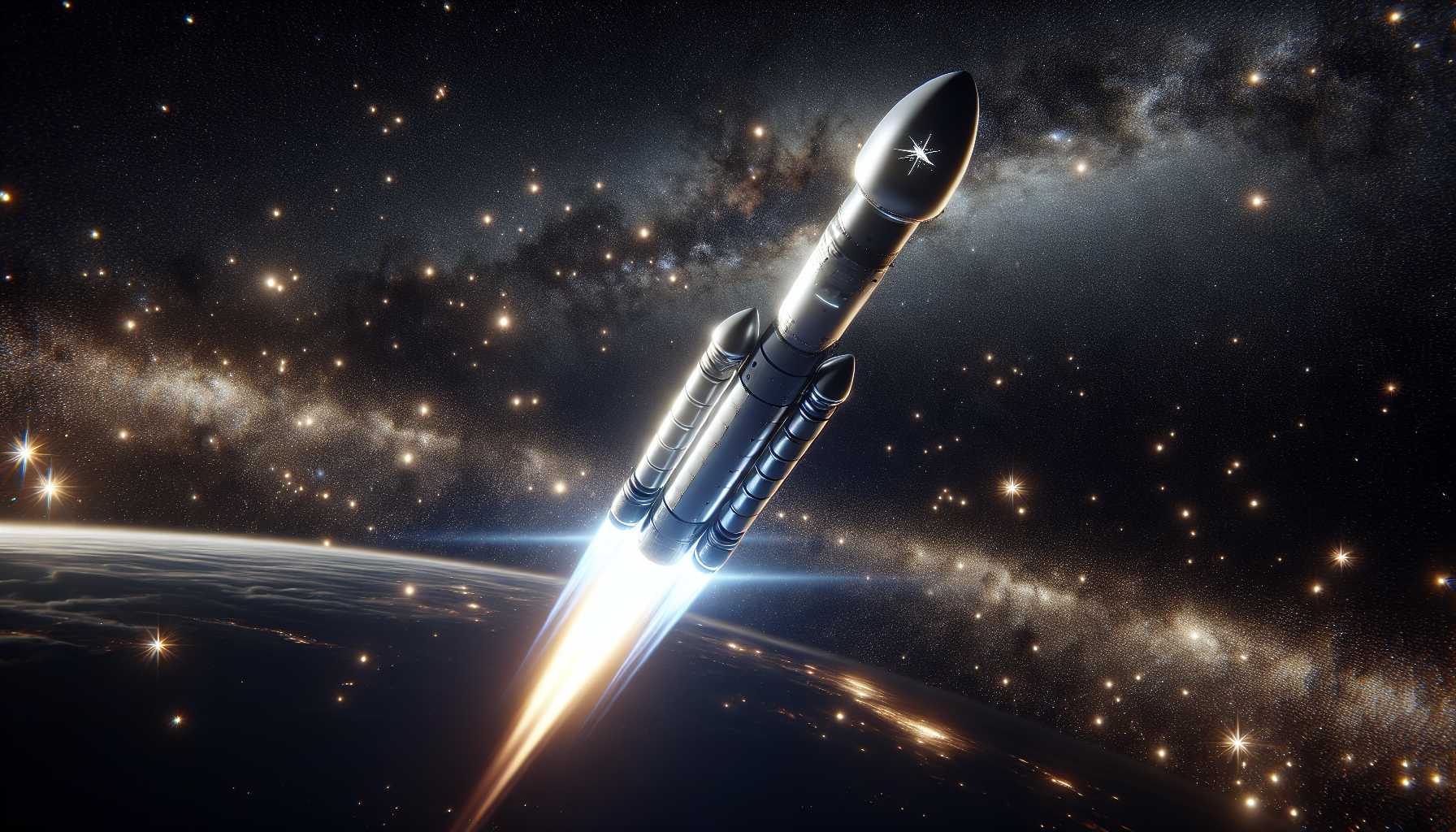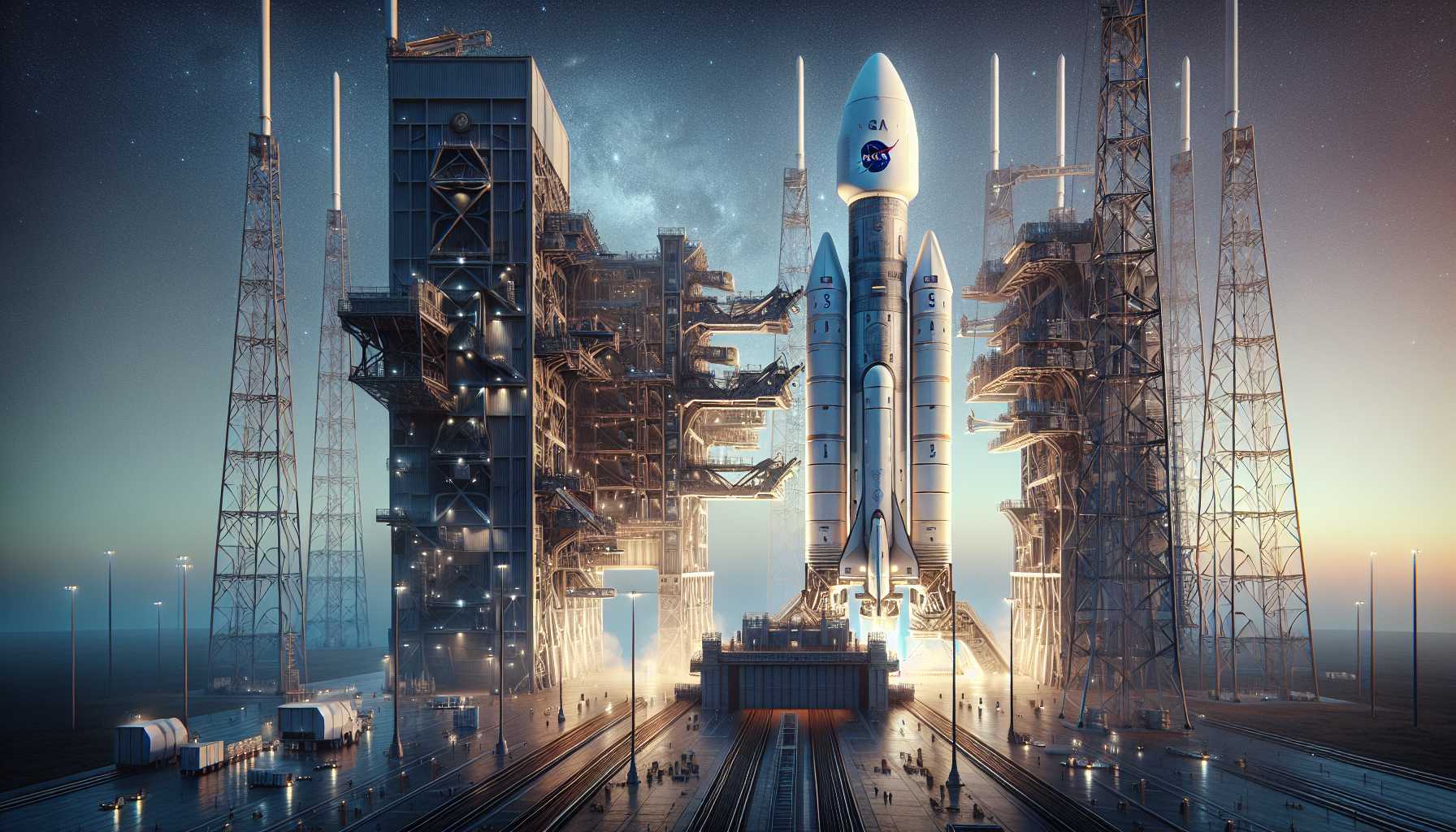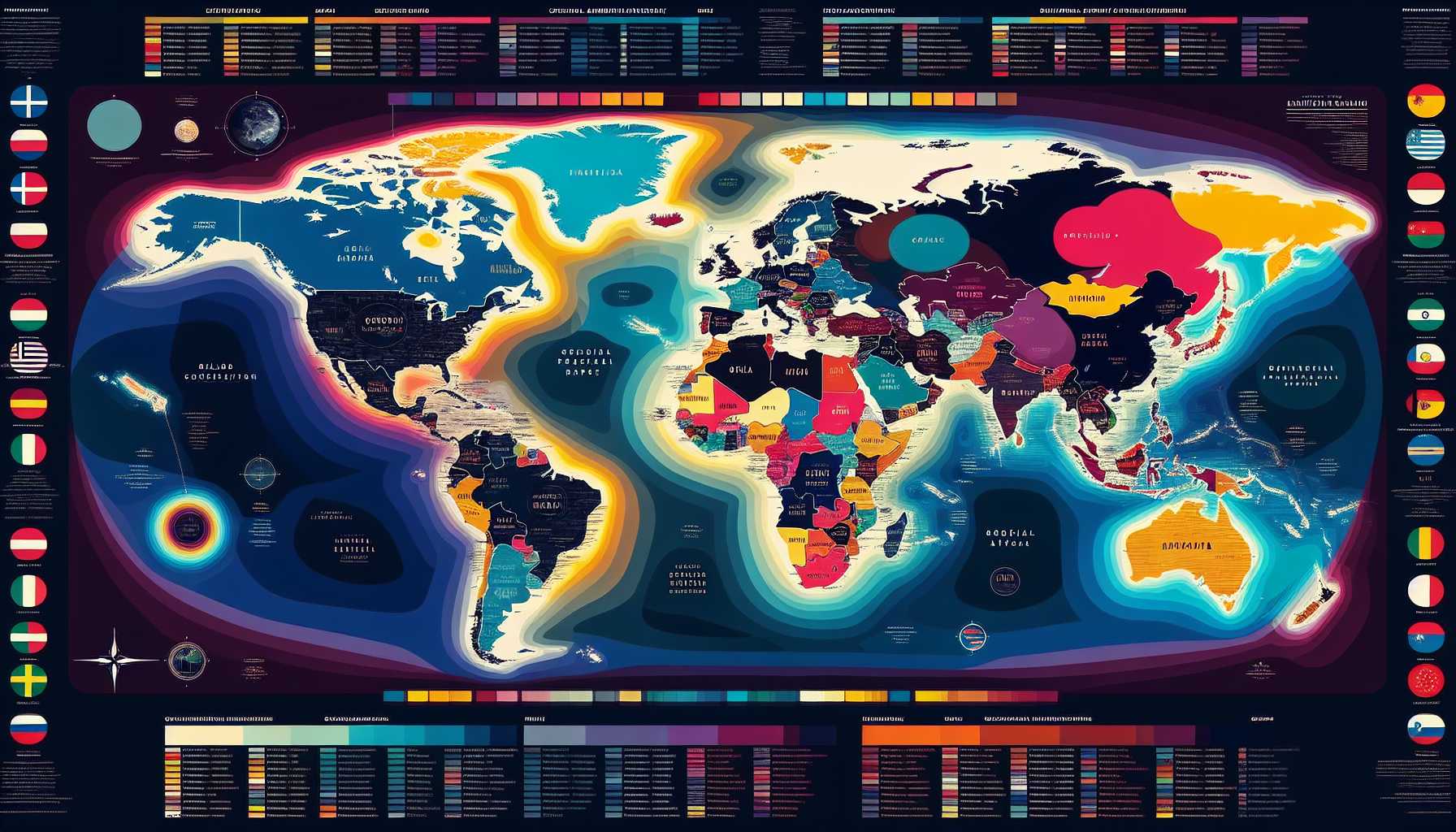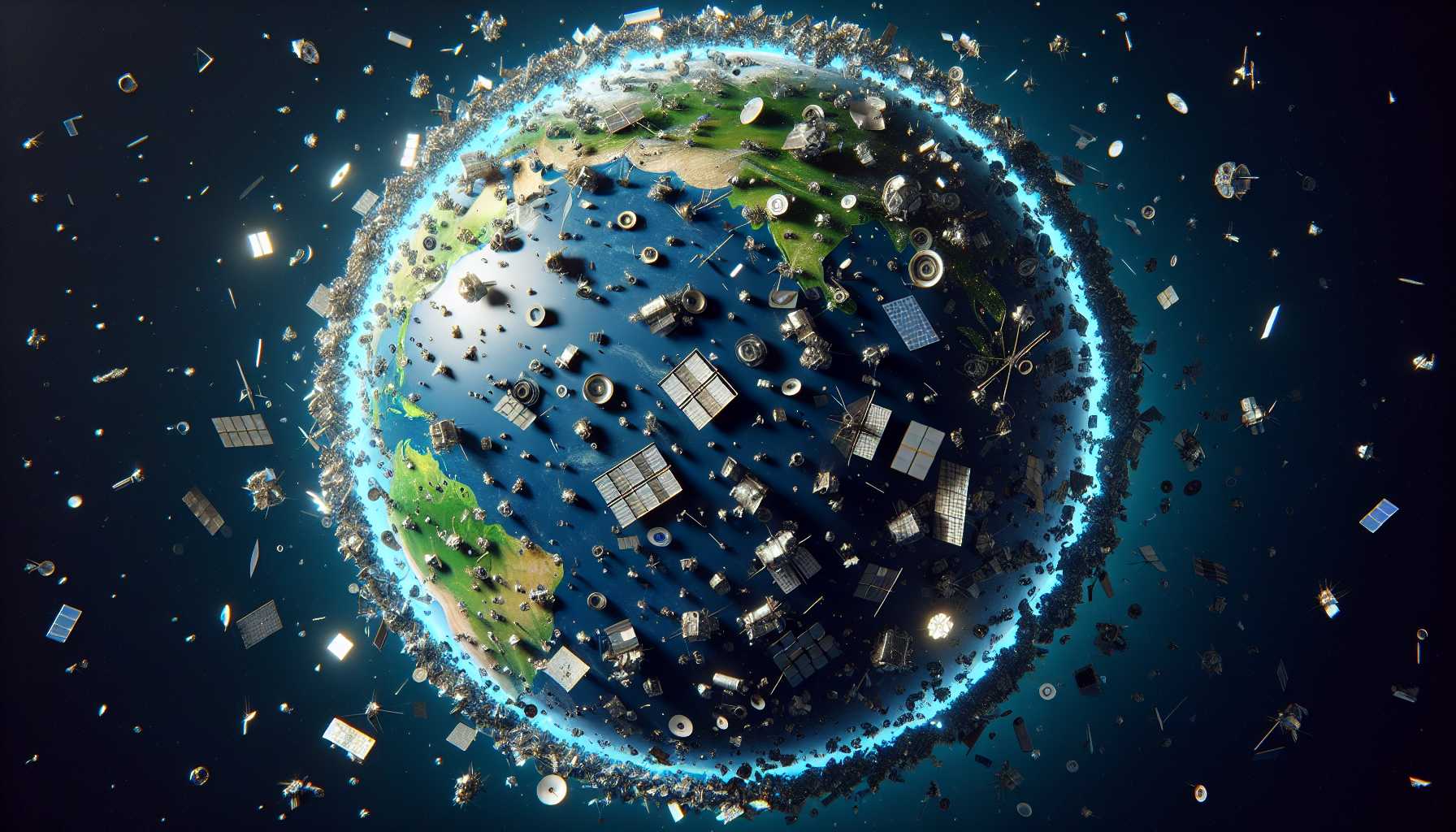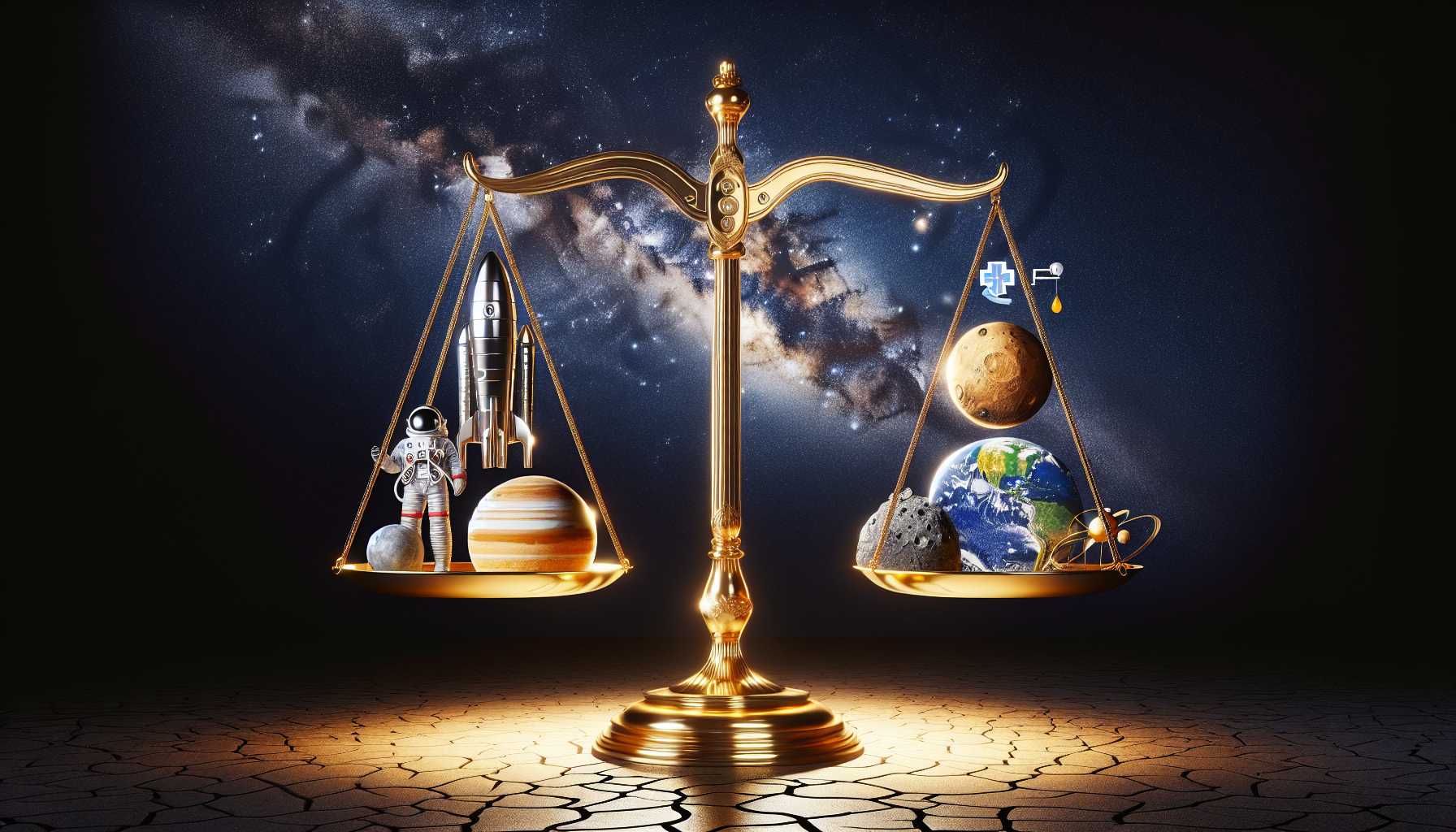The Gravity of Our Space Situation
As we inch toward the quarter mark of the 21st century, lingering just out of grasp is that radiant, transformative future, the one where humanity leaps from the science fiction pages straight into the void of deep space—a vision of interstellar exploration painted by luminaries such as Arthur C. Clarke. Yet, as we give our metaphorical bones an optimistic toss skyward, our recent lunar escapades return us to Earth with a sobering thud. Three feats—Japan’s SLIM and Intuitive Machines’ Odysseus teetering onto the Moon, and Astrobotic’s Peregrine falling shy of lunar reach—cast our cosmic dreams in a harsh yet illuminating light. These incidents scratch at an itch of impatience within me, a growing frustration echoing the sentiments of many star-gazers: Shouldn’t we be farther along by now?
The Jarring Reality of Space Endeavors
Our collective celestial ambitions demand leaps, but our incremental steps speak to a different tune. It’s confounding how we’re still tiptoeing across the threshold of extraterrestrial habitats, Earth’s orbit, or the lunar surface, when popular culture had us believing colonies on Mars would be yesterday’s news by now. These recent missions don’t just push the proverbial envelope—they serve as a critical gut check, situating us on the astronomical leaderboard. A hard truth remains: Despite nearly seven decades curating a treasure trove of space exploration feats, we’re cosmic infants—a nascent species still grasping the basics of space navigation. The final frontier remains an elusive mistress, taunting us with promises yet withholding the keys to the cosmos.
Facing the Space Delusion
Five decades post-Apollo, we find ourselves stumbling over lunar landings. The notion that space would become a familiar backyard playground now seems a charming illusion, one that vastly underestimated the grueling reality of the cosmic landscape. In truth, we’re shackled to this blue marble more closely than we aspire to admit—our own home planet containing us far more effectively than any physical vessel.
Heralds of the High Frontier: A Rarity
The total number of humans who’ve breached the atmospheric ceiling? Fewer than 650. It’s a humbling statistic, a testament to the fact that space exploration is a privilege beyond the reach of most. The totality of space, and the length of stay for those few interstellar sojourners, remains a flash in the pan—a swift look behind the curtain, never long enough. The punishing conditions of microgravity compound the issue: space leaves its mark on the human body, weakening bones, sapping muscle strength, impairing vision, and remolding cardiovascular functionality. Our ambition may be boundless, but our biology poses a formidable barrier. Luxury space travel, with hotels orbiting Earth and jaunts around Saturn’s rings, remains a dream stitched into the fabric of tomorrow—accessible for now only in the imaginings of visionary entrepreneurs and speculative markets.
The New Space Race: Monopoly the Board Game—Space Edition
SpaceX basks in the limelight, their near-monopoly casting a shadow over an industry grappling with the dynamics of rocket reusability—a keystone innovation. Competitors lag, stumbling behind in the cost-efficiency race, while Europe casts envious glances. Once dominated by government agencies, the privatization of spaceflight has ushered in a new era. Still, the tenuous profitability of NewSpace endeavors leaves many ventures teetering on the brink—Richard Branson’s Virgin Orbit and companies like Momentus and Astra among them.
Astronomically Limited Budgets and the Snail’s Pace Progress
While advocating for NASA’s Artemis program, I’m acutely aware of the irony steeped in the efforts to revisit our lunar neighbor. Contemporary constraints tighten around budgets that pale against Apollo-era extravagance. These days, grand visions hit the wall of fiscal prudence, with NASA’s budget a mere sliver of its former glory. The highly-anticipated Space Launch System (SLS) embodies inefficiency—a standing relic to past decisions made absent foresight. Locked into this white elephant, NASA’s trajectory is less rocket launch and more arduous climb.
The Geopolitical Chessboard
Looking abroad, Russia appears more preoccupied with earthly conquests than stellar aspirations. Conversely, China and India are all-in on the space sprint—a refreshing gusto that may well propel Congress to inject funds to keep pace. Is it mere rivalry that will rekindle the flames of cosmic curiosity? Are we doomed to repeat the history of terrestrial politics painted across a galactic canvas?
The Clear and Present Dangers of Space Junk
There’s an elephant—or more accurately, a growing swarm of debris—in the room when discussing our space ambitions. Orbital debris litters the very thresholds we aim to cross. Left unchecked, we face the Kessler Syndrome: a nightmare of cascading collisions threatening to sever our pathway to the stars, perhaps indefinitely.
Between the Cosmic Pursuit and Earthly Stewardship
As both a tech investor and enthusiast, observing our spacefaring progress—or lack thereof—can be a frustrating experience. But through the lens of critical analysis, we gain perspective on our place in this grand cosmic enterprise. We’re in this for the long haul, and the future, with all its stars and mysteries, awaits.

